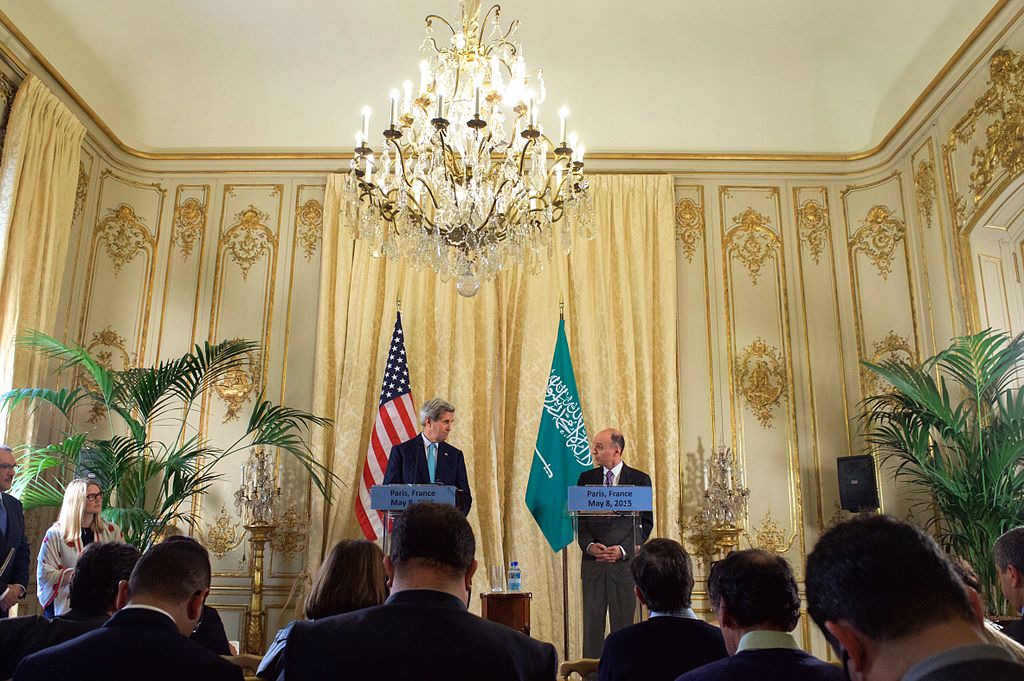Saudi Arabia’s Foreign Minister Adel Al-Jubeir wrote his second op-ed in three weeks in a U.S. publication, this time blasting critics of Saudi Arabia’s counter-terrorism efforts.
“Those who accuse Saudi Arabia of supporting violent extremism not only fail to acknowledge the kingdom’s leadership in combating terrorism around the world but also do not see that it is illogical and irrational for Saudi Arabia to be anything less than at the forefront of nations combatting this scourge,” Al-Jubeir wrote in Newsweek.
In political rhetoric and in the media, Saudi Arabia is sometimes criticized for “supporting” violent extremism by providing little oversight to charitable donations – funds which might find their way into the hands of extremist groups. While that may have been the case in the past, charities are no longer allowed to transfer funds outside of Saudi Arabia. “Donations in mosques and public places are prohibited, and Saudi charities are prohibited from transferring money outside the country to ensure that charitable funds do not find their way to violent extremists,” Al-Jubeir writes.
The eloquent and soft-spoken former Ambassador to Washington reminds readers that Saudi Arabia is often the target of terrorist attacks “from multiple actors, each with their own motives…So it is in our national interest to defeat terrorism—and a national priority.”
“Whether non-state actors like Al-Qaeda or the Islamic State militant group (ISIS), or state-sponsored extremism from Iran and its proxies, Saudi Arabia has, as much as any other country, a national security incentive to stop the men, the money and the mindset that foments terrorism and violent extremism.”
The Newsweek op-ed is the second piece by Al-Jubeir in three weeks. On January 19th, Al-Jubeir published an op-ed in the New York Times on why Saudi Arabia and its Gulf allies are committed to resisting Iranian expansion and responding forcefully to Iran’s acts of aggression.
“Superficially, Iran may appear to have changed. We acknowledge Iran’s initial actions regarding the agreement to suspend its program to develop a nuclear weapon. Certainly, we know that a large segment of the Iranian population wants greater openness internally and better relations with neighboring countries and the world. But the government does not.”









